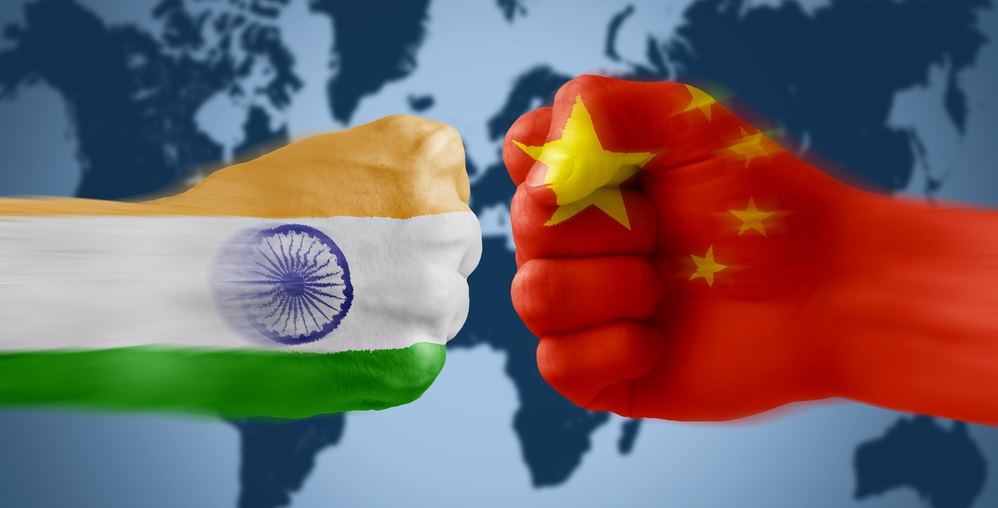
Diplomacy and Politics in India – Opening Many Channels of Communications at all Levels
Though Modi has been scouting the globe and meeting the world leaders from all hues and colors and from all the continents, India’s foreign policy is not clear. In the interconnected world, the nation states do not stand alone and they are dependent on each other not only for trade but also for helping each other to navigate through difficult times. India is not immune from the global events and its future is as much linked with its neighbors as it is with the other nation-states.
International diplomacy is not on the Governmental level alone, but it can happen at the institutional level, at the community level, and at the level of movement. For example, the Black power movement spread all over the places including Africa to create a global movement of Africans against racism.
The communist movement started with the international conventions. In the current scene, it is difficult to only let the Government to Government interaction happen, the diplomacy must cut deeply. India has been in the forefront in using soft diplomacy particularly through Bollywood, which has penetrated societies far and wide. The Chinese movies are not yet there, but they will be there soon as China is also using a soft version of diplomacy to promote “Chinese” influence on the world.
Unless the non-Governmental initiatives to interact with the citizens and institutions of the other nation do not harm sovereignty and integrity of the nation, they should not only be permitted but also encouraged by the Government. It is also essential that the political parties, other than the ruling parties, should also be able to engage diplomatically with institutions and governments from the other countries.
Though the foreign relations tend to be secretive, the citizens have right to know in which direction the country’s relations with the other nations are moving. The RSS/BJP Government cry over who Rahul Gandhi meets is deplorable and not permissible in the democracy. In the democratic country, it is not the ruling party that makes the Government, but the opposition party through its contending views also form the part of deliberative democracy.
The local human rights issues are often neglected by the nation states. The issue of caste was denied by the Indian Government for a long time and it had not sided with the Scheduled Castes and Scheduled Tribes to promote their rights as the natural human rights. It was the coalition of the Dalits across South Asia that paved a way for at least inclusion of the caste in the discussion.
Some of the issues cannot be confined just to the national boundaries and they need to be dealt with by the larger coalition and larger partnerships, and that is the reason why we have international frameworks to deal with various issues. Sometimes, they fail to solve the problems, but oftentimes, they are useful in enlarging the scope of the solution in dealing with the smaller problems.
The RSS/BJP Government has been only keeping one channel available for the foreign capital and foreign money to enter India. This is the channel that has RSS as the container where the foreign money accumulates. The other organization that is doing humanitarian work are not allowed to function in India. Same is the case with the businesses. If one understands the inflow of the foreign capital coming in India, it is landing in the coffers of the cronies of RSS/BJP, particularly, those who are close to Shah-Modi duo. If this axis of the global and local capital emerges with only a few capitalists involved in it, it will create a country that will lead to further economic inequality.
The political democracy must look into economic democracy, otherwise, it destroys the political democracy. This was the warning of Babasaheb Ambedkar and it needs to heed if India is to survive and its sovereignty remains concrete and not tempered by the colonial capitalistic axis.
More interaction, exchange, and visits to and fro with the other countries on all levels builds universal perspective which is the first step towards realizing true global citizenship, which is the only hope to resolve the conflict that arises due to parochial view distorted by jingoistic nationalism.
Author – Mangesh Dahiwale, Human Rights Activist



+ There are no comments
Add yours